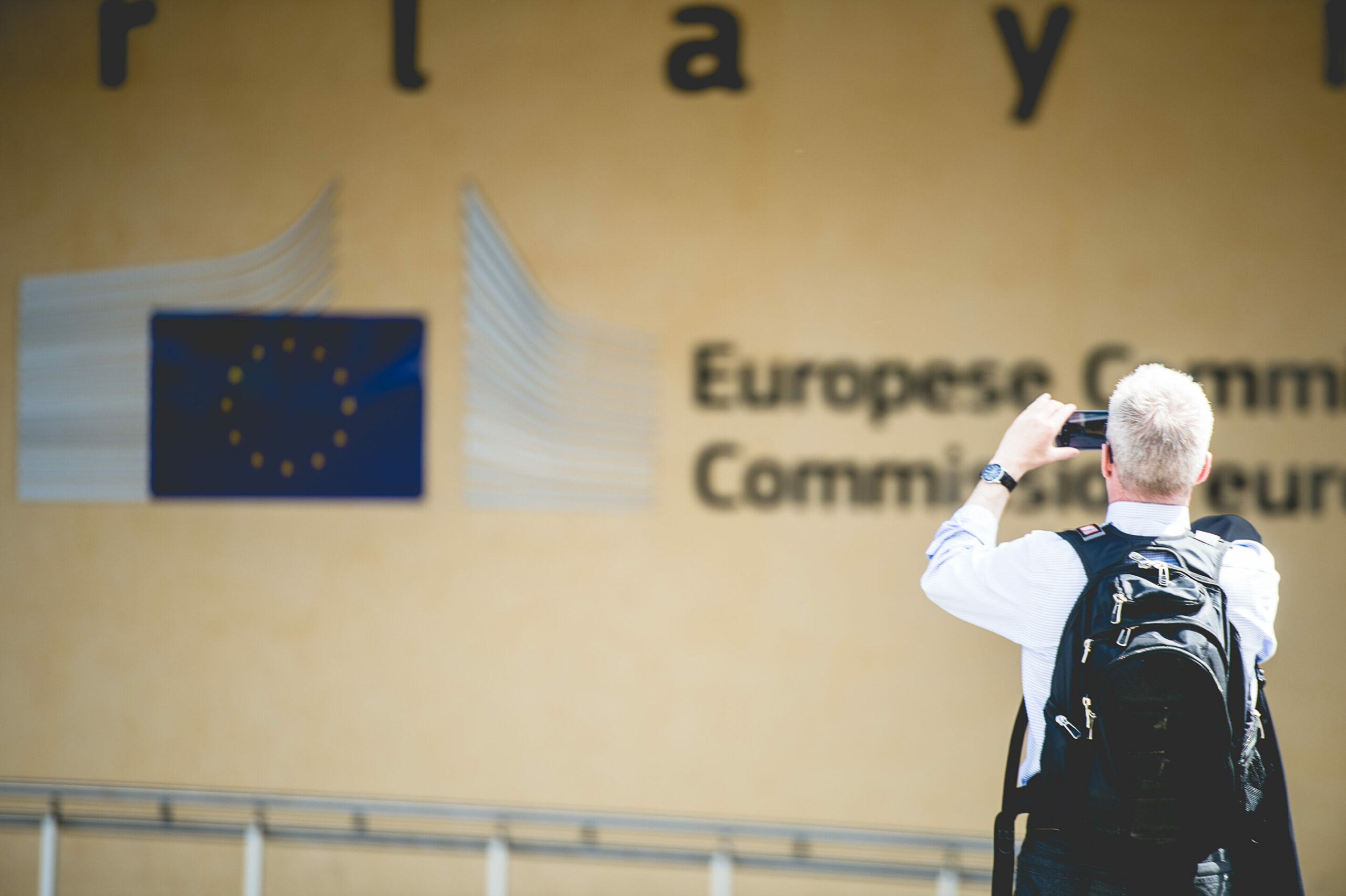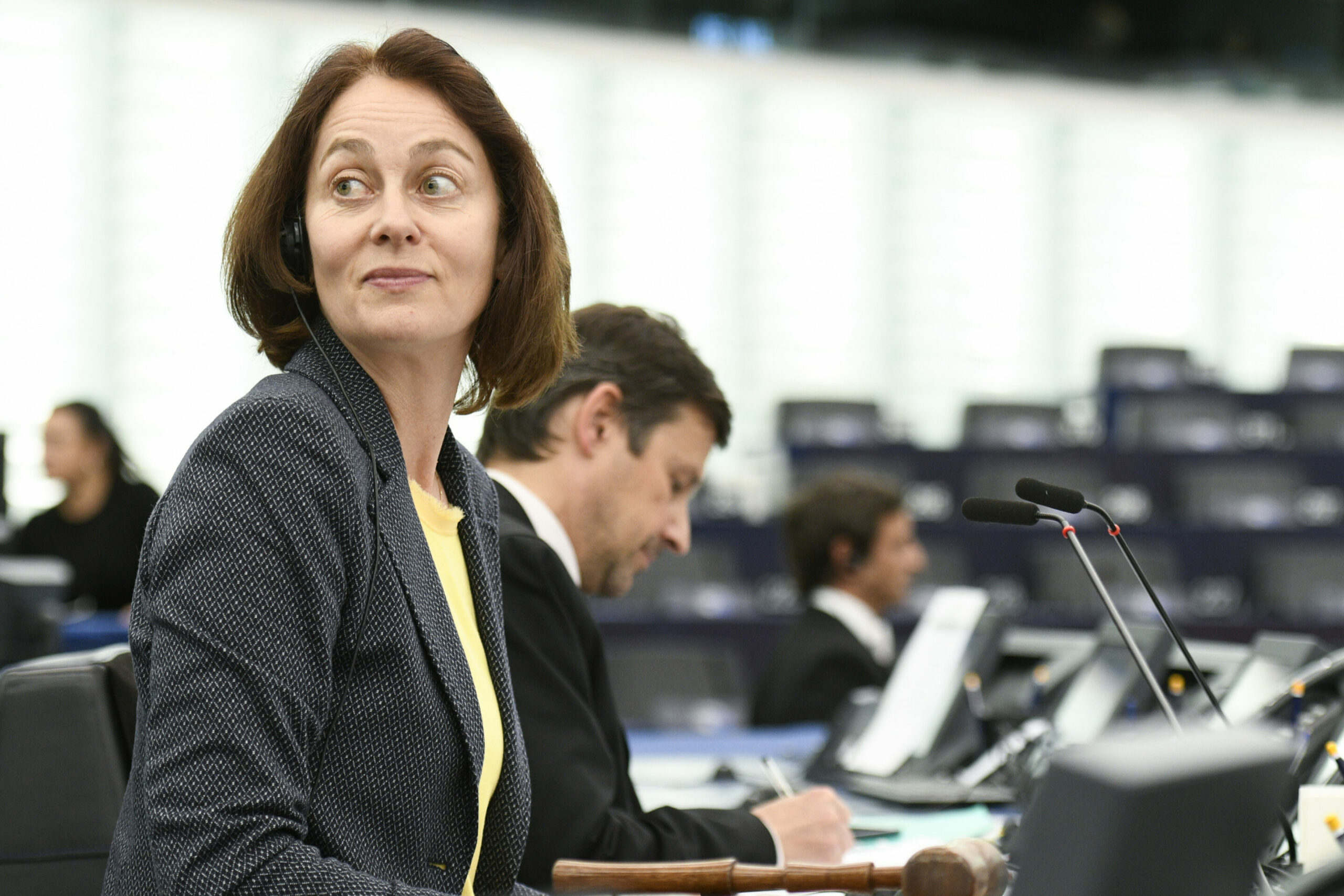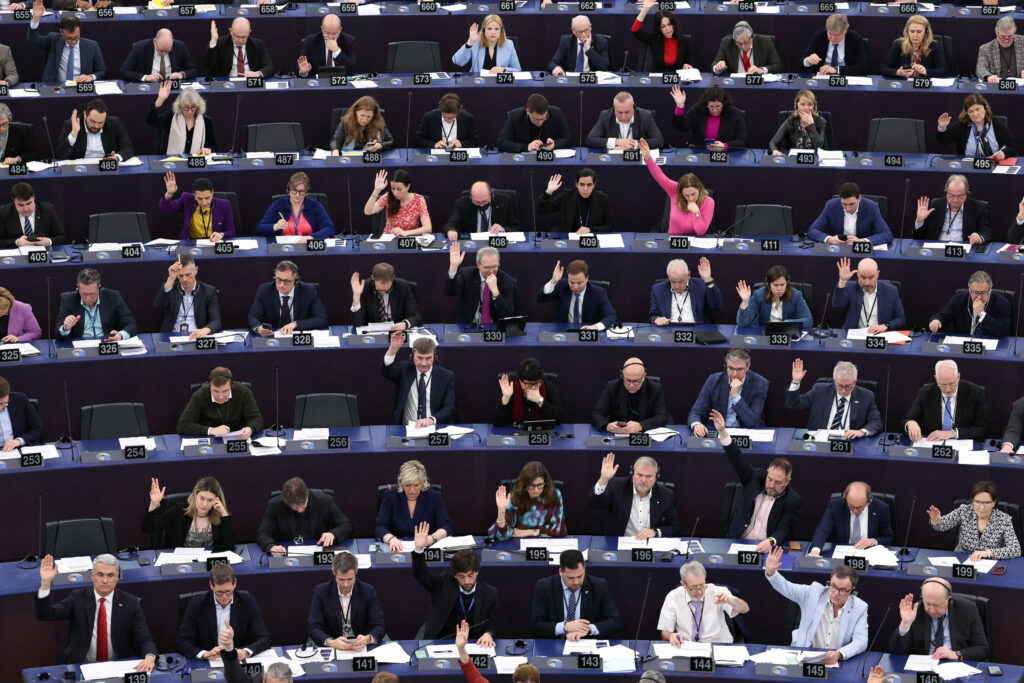Seven European Union institutions finally agreed on a new body to strengthen transparency and integrity this week, 15 months after the outbreak of the so-called Qatargate corruption scandal.
The new body will give the participating institutions independent control of lobbying and the power to set anti-corruption rules for the first time in the history of the EU.
Since September 2021, members of the European Parliament (MEPs) have been calling for EU institutions to set up an ethics body with real investigative authority and a structure fit for purpose. MEPs reiterated the call in December 2022, just after the Qatargate story was broken. In 2023, they deemed the Commission’s proposal "unsatisfactory" as it only called for establishing minimum common standards.
After this week's negotiations, the European Parliament was able to give the new body the power to deal specifically with individual cases.
After a provisional agreement was reached on Tuesday evening among seven institutions and advisory bodies, the decision by Parliament's Conference of Presidents confirmed the agreement and will now be sent without delay to the Constitutional Affairs Committee (AFCO) for formal adoption.
'Culture of impunity'
"Today we are celebrating a great success for transparency and the integrity of the EU institutions. For far too long, breaches of the relatively good lobbying rules in Brussels have gone unpunished," stated Daniel Freund (Greens/EFA - Germany), the European Parliament’s lead negotiator for the independent EU ethics body.
A longstanding campaigner against institutional corruption, the German MEP stressed that the lack of independent scrutiny "allowed a culture of impunity to flourish, the extreme excesses of which culminated in the Qatargate corruption scandal."
The fact that the new body can also deal specifically with individual cases is an enormous negotiating success, Freund added, who commended the work of MEPs.

Headquarters of the European Commission. Credit: Belga
"The Ethics Body is a big step forward for transparency and openness in Europe. This is all about putting citizens’ interests first and making sure EU institutions stick to the highest ethical standards," said the lead negotiator for the European Parliament, Katarina Barley (S&D - Germany).
According to the S&D, who led a progressive coalition, the conservative European People's Party teamed up with the far-right in sustained attempts to stop the establishment of the new body, from watering down its powers to delaying the process.
The EPP had stated ahead of the agreement that the new ethics body goes "against the rule of law", and that independent oversight brings about a "disciplinary chamber" in the legislative process.
"The true face of the EPP has been shown once again," S&D President Iratxe García (Spain) said. "They joined forces with the extreme right, ECR and ID, refusing an instrument to improve transparency as well as the credibility and legitimacy of European institutions.”
What are the new rules?
The core elements of the new body will give representatives of the different institutions the power to negotiate common standards on declarations of interest, secondary employment, gifts, spin-off jobs (i.e. revolving doors), lobby meetings and the enforcement of rules in the institutions.

Katharina Barley MEP (S&D) was the lead negotiator for the European Parliament on the new ethics watchdog. Credit: European Union
Secondly, representatives of the institutions appoint five independent experts by consensus to examine individual cases. In the European Parliament, this will also include lobby meetings, invitations from third parties and more. The experts send their recommendations to the institution, which then decides on possible sanctions.
The institutions are the European Parliament, the European Commission, the Court of Justice of the European Union (as an observer without participating in decisions), the European Central Bank, the Court of Auditors, the Economic and Social Committee and the Committee of the Region.
The Council (of ministers) wants to be a contracting party but is not prepared to allow the minimum standards to apply to national ministers who become members of the Council or to waive its veto in favour of common standards.

